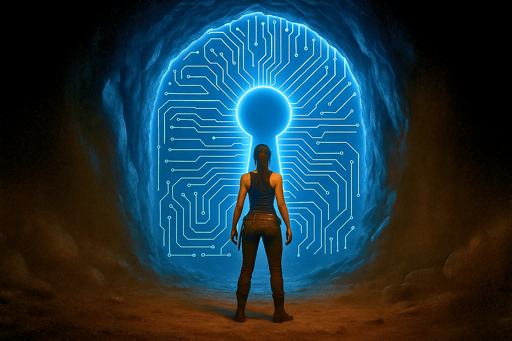Passkeys are built on the FIDO2 standard (CTAP2 + WebAuthn standards). They remove the shared secret, stop phishing at the source, and make credential-stuffing useless.
But adoption is still low, and interoperability between Apple, Google, and Microsoft isn’t seamless.
I broke down how passkeys work, their strengths, and what’s still missing



Okay, so long as a passkey is something I can memorise. Otherwise, it’s significantly worse than a regular password (assuming you use good passwords and don’t reuse passwords etc).
It seems like they want to tie it to a physical computer (like the one in your pocket), which sucks big time. What happens if I don’t have access to that computer at all times, or it breaks, or is lost?
I’m planning on getting rid of my smartphone for something that just does calls and texts for example, because I’m sick of how unhealthily reliant I, and everyone, have become on this thing, and I want to be more connected to the real world. What then?
My brain is the best place to store passkeys, it can’t be hacked, stolen, lost, etc, unlike every other option. It’s easily capable of storing lots of randomised unique passwords for each service (surely I’m not the only one that can do this?). It’s the clear winner.
How many good passwords can you memorize? I can maintain 2-3 in my head long term, especially if only used rarely, and you can be phished if you are typing it in. Not tenable for online accounts. The only real comparison with security parity is a password manager + 2fa generated on-device, compared with passkeys. In both cases, you have “strong” password, no re-use, resiliency to fishing, and requires both “something you know and something you have.” I think a password manager is slightly more usable, but I’m not convinced either is a “good” experience yet.
This experience works perfectly for me. I have no need of whatever junk the latest consortium of megacorps has come up with.
🤷♂️
I store all my passkeys in bitwarden so they are available anywhere I have bitwarden. Which makes it tough if/when I need personal accounts at work (like to log into electric company to check outage map).
You just need to memorise the PIN at max. If your device has biometric recognition you could even use your face scan or fingerprint so even remembering a PIN is not needed in that case.